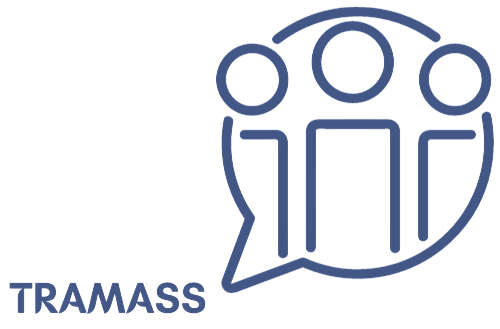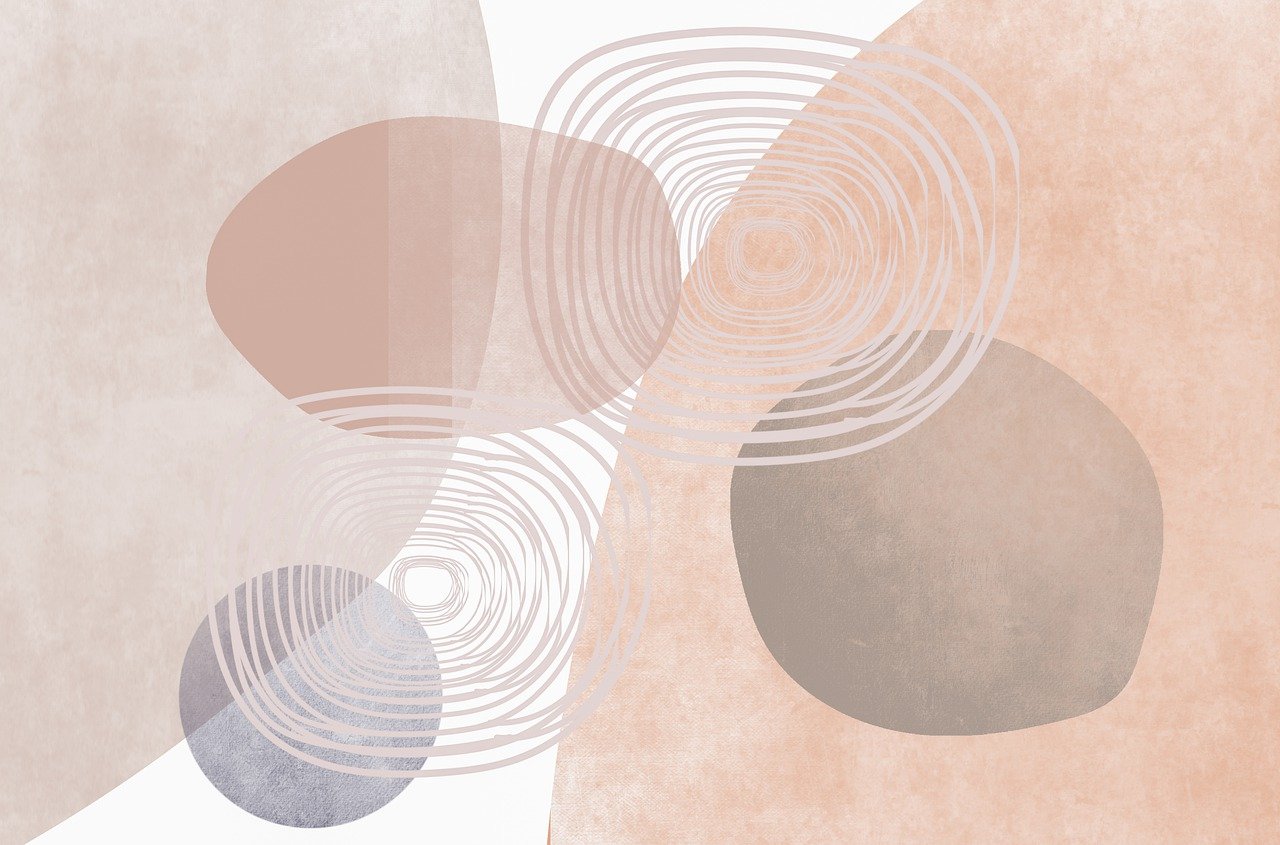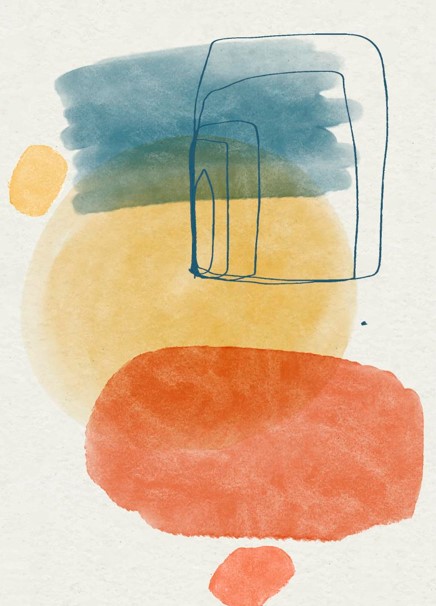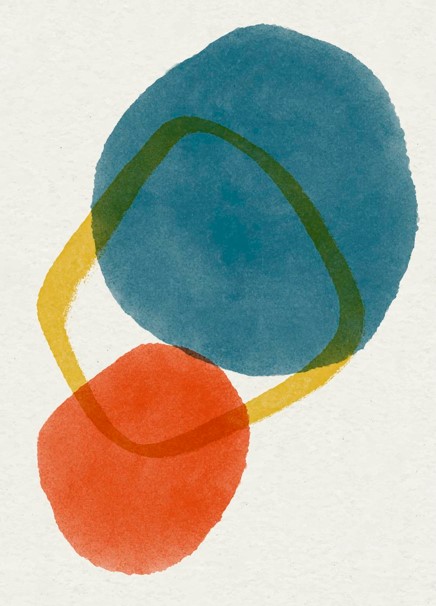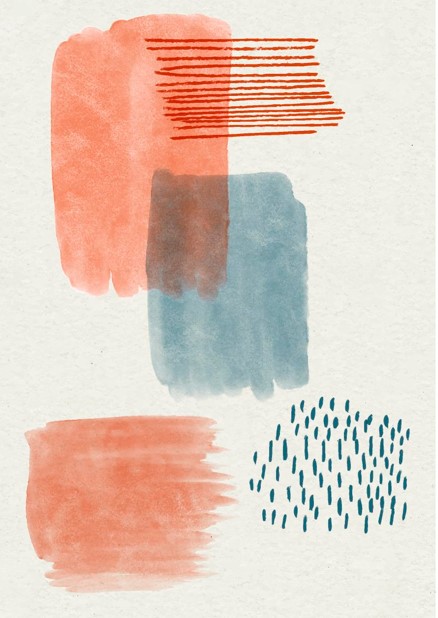The phenomenon of migration has an impact on society as a whole, both on the migrants and on the host population. The growing influx of migrant communities in Spain, with its consequent linguistic and cultural diversity, has led to the emergence of new communication needs because this plurality can lead to inequalities in access to information. Indeed, such access can be hindered when there are additional barriers, such as the linguistic and cultural barriers faced by migrants. This situation is particularly delicate in access to health information and services, since the lack of information in this area can place migrants in a more vulnerable situation. In this context, translation and transcreation, tools that have traditionally facilitated innovation and communication, take on special relevance as they contribute to building bridges between peoples and cultures.
The TRAMASS project: Translation, transcreation and cultural mediation as tools for inclusion in the field of healthcare information and services (PID2022-143015OB-I00), will run from 2023 to 2026. It is an initiative aimed at institutions, associations and NGOs, translation, transcreation and cultural mediation professionals, researchers and end users. Its main objective is to design transcreational strategies and linguistic and cultural adaptation of health information materials and resources for migrant communities, as well as to establish a protocol of good practices to facilitate the access of this population group to health information and services, with an inclusive and gender perspective. The project is part of the “Global challenges and industrial competitiveness” pillar of the State Plan for Scientific and Technical Research and Innovation (PEICTI) 2021-2023. It is a “Targeted Research” project linked to the thematic priority 2. Culture, Creativity and inclusive society.
The proposed methodology contemplates, on the one hand, the use of observation, analysis and study methods and, on the other hand, a practical perspective of a more technical and applied nature. In this way, the study will identify the health information needs of migrant communities from Central-West Africa in Spain, as well as the linguistic and cultural adaptation strategies aimed at facilitating access to this information for these communities, mainly in English and French. In addition, the role of the different agents involved in the implementation of different transcreational strategies and in the processes of adapting information materials will be defined.
In practical terms, materials and resources adapted to migrant communities in English and French will be transcreated and transferred to NGOs. To this end, a representative selection of health information materials will be used and the reception and impact of these materials and resources will be evaluated through reception studies. Finally, an inclusive multimedia guide of good practices in the transcreation of health information materials and resources for these migrant populations will be developed with the aim of transferring the knowledge generated to society. The team, led by PI María Dolores Olvera-Lobo, Professor of Documentation at the University of Granada, is multidisciplinary – languages and translation; information and communication; health and social services; institutions, companies, associations and NGOs – but cohesive, and with common and complementary lines of research. It is formed by experts in documentation, communication, translation, gender, health, social education and migration, and works with collaborating organisations from the fields of cooperation and inclusion, health, education and communication.
